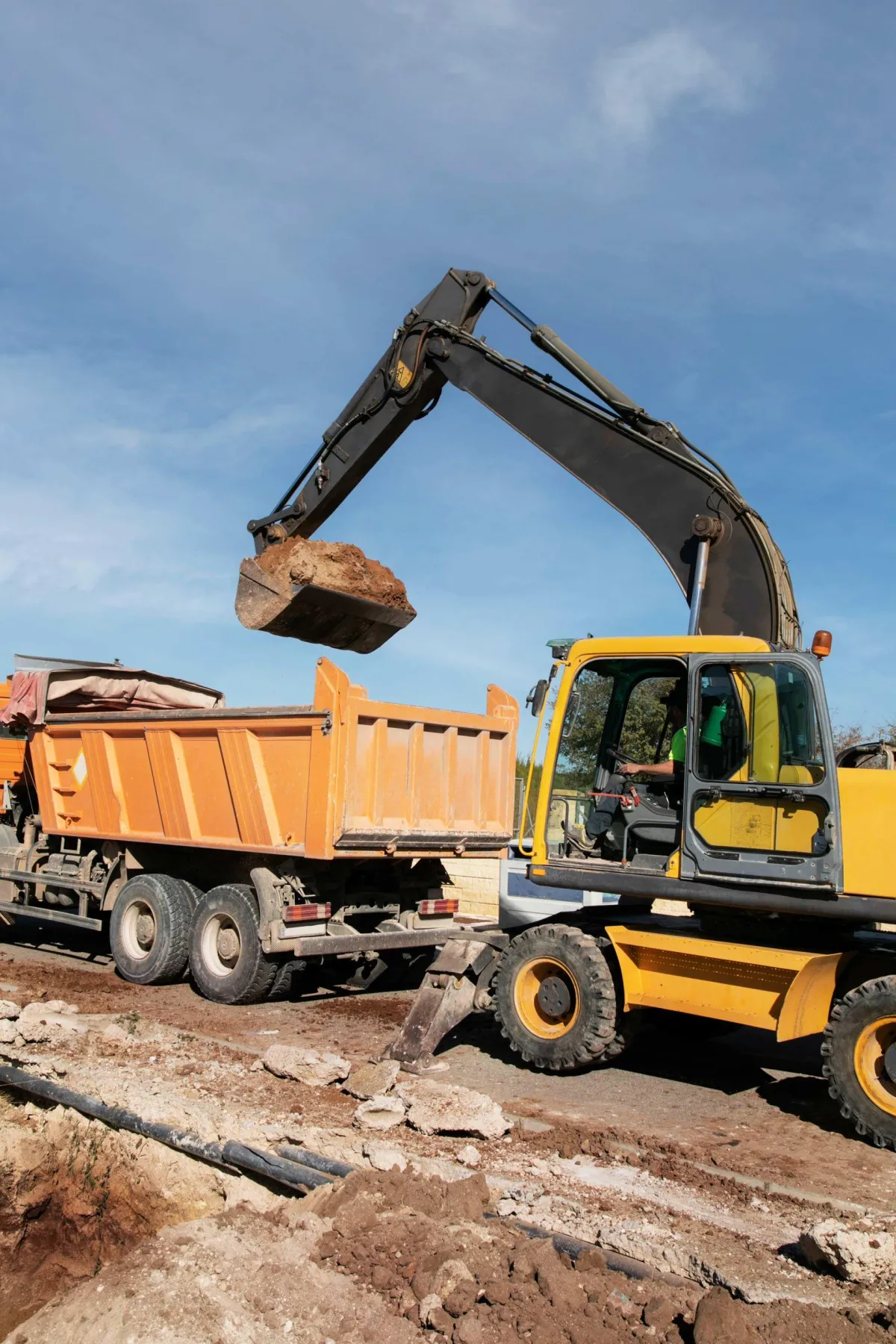
Hydraulic Failure Warning Signs | Vermont Heavy Equipment Repair
Introduction
Hydraulic systems are the lifeblood of heavy equipment—powering excavator arms, loader buckets, cranes, and forestry machinery across Vermont. When hydraulics fail, so does productivity. A single blown hose or worn pump can sideline a machine for days, costing contractors thousands in downtime and repairs.
The good news is that most hydraulic failures show warning signs long before a total breakdown. Learning how to spot these red flags early can keep your equipment running smoothly and avoid costly interruptions. In this article, we’ll explain the top symptoms to watch for, why they matter, and how preventive care protects your machines.
Why Hydraulic Systems Fail
Hydraulic systems operate under high pressure and involve multiple components—pumps, valves, hoses, filters, and cylinders. Failures usually stem from:
Leaks from worn seals or cracked hoses
Contamination of fluids with dirt, water, or metal shavings
Overheating from poor cooling or low fluid levels
Component wear over time from high operating pressures
In Vermont’s rugged construction, forestry, and agricultural industries, hydraulic systems endure extreme stress. That makes proactive monitoring and fast repair service crucial.
Warning Signs of Hydraulic Trouble
Here are the most common indicators your machine may be heading toward a hydraulic failure:
Sluggish or Jerky Movements
Arms, buckets, or attachments that hesitate or move unevenly often signal pressure loss or pump issues.Unusual Noises
Whining, knocking, or banging sounds suggest air in the system, cavitation, or pump wear.Excessive Heat
Hydraulic systems should run warm, but consistent overheating points to clogged filters, low fluid, or cooling failures.Visible Leaks
Oil spots under the machine, damp hoses, or dripping connections are clear warnings of seal or hose failures.Foamy or Discolored Fluid
Aerated, milky, or dark fluid signals contamination—reducing efficiency and accelerating wear.Loss of Power
When attachments can’t lift, push, or pull like they used to, it’s a sign of pump or valve malfunction.
Catching these symptoms early allows you to schedule service before a small issue turns into a full-blown breakdown.
How to Stay Ahead of Hydraulic Failures
If you run heavy equipment in Vermont, here’s a step-by-step plan to protect your machines:
Inspect Daily
Walk around machines to check hoses, fittings, and fluid levels before starting work.Change Fluids and Filters on Schedule
Follow manufacturer intervals (typically every 500 hours) to keep systems clean and efficient.Keep it Clean
Use proper caps and storage for fluids. Dirt and water contamination are leading causes of failures.Train Operators to Report Issues
Equip your team to recognize sluggish hydraulics, leaks, or odd noises immediately.Partner with a Local Repair Shop
A Vermont-based service provider like Tree Top Equipment Repair offers advanced diagnostics, access to genuine parts, and mobile repair for urgent hydraulic issues.
FAQs About Hydraulic Failures in Heavy Equipment
What causes most hydraulic failures?
Contaminated fluid and neglected maintenance are leading culprits. Dirt, water, or metal particles quickly wear down pumps and valves.
How often should I replace hydraulic fluid?
Most equipment requires fluid changes every 500–1,000 hours of operation, but check your manufacturer’s manual for specifics.
Can hydraulic leaks be patched temporarily?
Temporary fixes exist, but they’re not reliable. Professional repair or hose replacement is the safest option.
What happens if I ignore a small hydraulic leak?
Leaks reduce system pressure, cause overheating, and lead to catastrophic failures if left unchecked.
Do you offer mobile hydraulic repair in Vermont?
Yes. Tree Top Equipment Repair provides on-site hydraulic diagnostics and repair, reducing downtime for construction, forestry, and farm equipment.
Conclusion: Don’t Let Hydraulics Halt Your Work
Hydraulic systems are critical to heavy equipment performance. By learning to spot warning signs like leaks, noise, or sluggish movements, you can stop failures before they derail your project.
At Tree Top Equipment Repair, we specialize in diagnosing and repairing hydraulic systems for excavators, loaders, skidders, tractors, and more. Our factory-trained technicians help Vermont contractors and farmers keep their machines running safely and efficiently.
👉 Schedule your hydraulic inspection or repair today and prevent downtime before it starts.